January 6, 2023
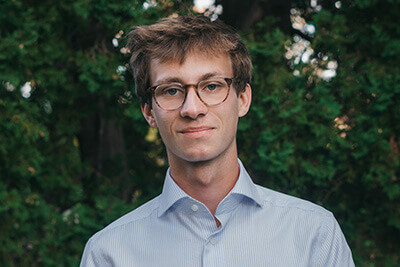 What do you love about MPA?
What do you love about MPA?
I love the close-knit community at MPA! I truly feel like I’m able to connect with my teachers and peers at a personal level and form lasting relationships that will continue well after I graduate.
How are you encouraged to dream big and do right at MPA?
At MPA, each student has the opportunity to be a part of so many different activities. The school culture is to take advantage of all the opportunities students are given and to be a part of as many of those classes and clubs as possible. With so many different clubs, class offerings, and extracurriculars, whether it be a sport or an academic competition after school, almost all students become heavily involved in something they are interested in.
Why do you believe your teachers teach the way they do?
I think the teachers at MPA run their classes with an emphasis on real-world applications and individual thinking. Most teachers will ask us, students, questions about the reading we’ve done or assignments we’ve completed for class instead of lecturing about them. They want students to learn how to think instead of what to think. With smaller class sizes, teachers get to know their students and are able to push their intellectual curiosity. Many classes I’ve taken focus on complex problem-solving skills. While there is a certain amount of content that is needed to learn in certain subjects, students don’t just learn facts, they learn how to apply their knowledge. Read More
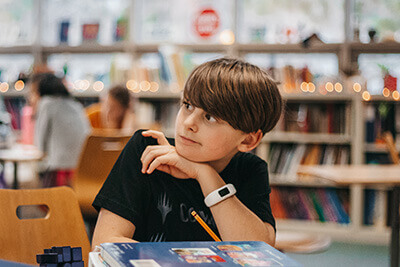 What do you love about MPA?
What do you love about MPA?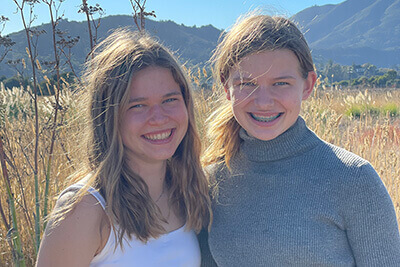 What do you love about MPA?
What do you love about MPA?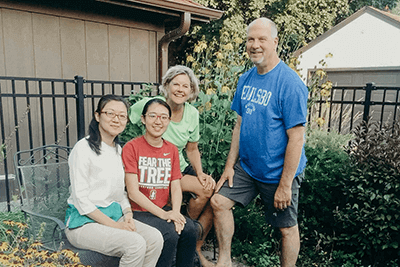 Dear MPA Community,
Dear MPA Community,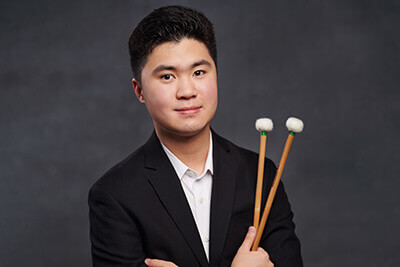 What are you currently doing, professionally and/or personally?
What are you currently doing, professionally and/or personally?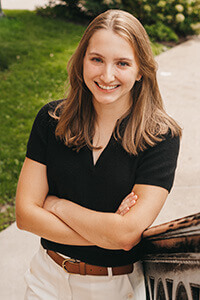 What do you love about MPA?
What do you love about MPA?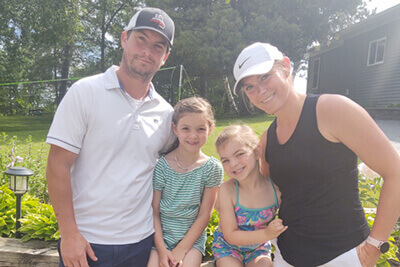 Peyton started school at MPA in 2020 for her Kindergarten year, and Rowen began her Kindergarten year in 2023. Ashley has worked at MPA since 2016.
Peyton started school at MPA in 2020 for her Kindergarten year, and Rowen began her Kindergarten year in 2023. Ashley has worked at MPA since 2016.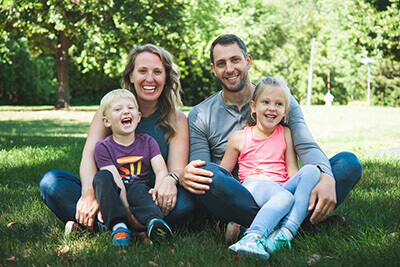 The Myeroff Family from Lake Elmo just began their second school year at MPA with their Kindergarten and PreK students.
The Myeroff Family from Lake Elmo just began their second school year at MPA with their Kindergarten and PreK students. Meet Amina Brewer, an MPA junior entering her third year at MPA!
Meet Amina Brewer, an MPA junior entering her third year at MPA!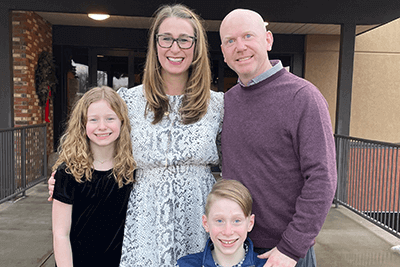 What position will you be holding at MPA?
What position will you be holding at MPA?